What is CBN?
While cannabinoids like CBD and THC have become the major news headlines about cannabis, recall that there are over 150 cannabinoids in the plant with unique therapeutic benefits. CBN (cannabinol) is one of the many cannabinoids with an active therapeutic benefit. It is often described as a sleep cannabinoid due to its sedative properties.
CBN is a minor cannabinoid derived from the oxidative degradation of delta-9 THC. This is why CBN is mostly found in older flowers or aged buds. The degradation process from THC to CBN is slow and ranges from weeks to years. A study published by the United Nations discovered that it took four years for the potency of THC in a cannabis plant to reduce by 50 percent. This means half of the total THC concentration was converted to CBN in four years.
As a degraded product of THC, CBN is often present in trace quantities, thus limiting research on its potential use in the cannabis industry. There are also laboratory methods of converting THC to CBN.
CBN is slightly intoxicating and may produce a similar effect to delta-9 THC and has evolved as a favorite cannabinoid for people who want to try cannabis for sleep without having to deal with the intoxicating effects of THC or failing a drug test.
Like every other cannabinoid, CBN is capable of the entourage effect. Research published in 1975 shows how it can increase the sedative effects of THC. In addition, research on animal subjects suggested that CBN aids in improving sleep, an important benefit for people whose sleep is mostly interrupted.
Most researchers believe the secret to unfolding the benefits of CBN for sleep depends on the entourage effect. The entourage effect is a theory that suggests the possible interaction between cannabinoids and terpenes in the cannabis plant. These compounds (cannabinoids and terpenes) can work independently or synergistically to promote certain activities such as sleep, psychoactive effects, and many more.
What else is CBN good for?
In addition to CBN's potential to improve the sedative effects of cannabis, it can interact with receptors to offer other therapeutic potentials. Information from a 2019 study discovered that CBN might help relieve pain and suggested that it might benefit people battling fibromyalgia.
Although CBN is less researched than other cannabinoids, it has been studied for its potential therapeutic effects. While some research is promising, further studies are required on CBN's long – and short-term effects.
Research into the effects of CBN is in its early stages, and it doesn't have any well-established uses. But, experts are hopeful that it may have the potential for the following:
- Pain management
- Induce sleepiness
- Boost appetite
- Fight inflammation
- Manage symptoms of ADHD
- Support immune system
- Treat Glaucoma
- Slow tumor growth
Some research has explored the potential effects of combining CBN with other cannabinoids. For instance, ongoing studies are examining whether cannabinoids and terpenes might improve the benefits of each compound.
Possible Interactions and Side Effects
Although CBN is slightly intoxicating, its side effects are quite unclear. There is insufficient research for scientists to affirm whether CBN causes similar side effects to other cannabinoids, such as CBD or THC. Nevertheless, most users have attested to its sleep-inducing/soothing properties.
Is CBN legal?
The legal status of any cannabinoid solely depends on the source and possible reaction in the body. Most hemp-derived cannabis products are legal since they contain no more than 0.3% THC. However, since CBN is formed from degraded THC, its legality is tricky to define. If a cannabinoid is hemp-derived, it has special protection under the Farm Bill that legalizes industrial hemp possession, production, and sale.
People who use CBN are likely to fail a drug test since it produces the same metabolites as THC. A study published by the University of Utah shows that drug tests intended to detect THC may cross-react with CBN, thus, triggering a false positive. On average, a CBN concentration of up to 250 ng/mL in urine can be detected by a THC test.
Cannabis Strains High in CBN
Cannabis contains trace amounts of CBN since it is a degraded product of THC. The resin that collects on the screen can have high CBN content for people using pipes.
While the presence of CBN may be debatable, here are a few cannabis strains with a high concentration of CBN.
- Animal Cookie
- Bubble Gum
- Blackberry
- Banana OG
- Death Bubba
- Durban Poison
- Mr. Nice
- Platinum Kush
- Purple Cadillac
- Super Green Crack
Need a little more Bluntness in your life? Subscribe for our newsletter to stay in the loop.














 The Truth About THC Candle: Cannabis Candles & How to Make Your Own - The Bluntness
Photo by
The Truth About THC Candle: Cannabis Candles & How to Make Your Own - The Bluntness
Photo by 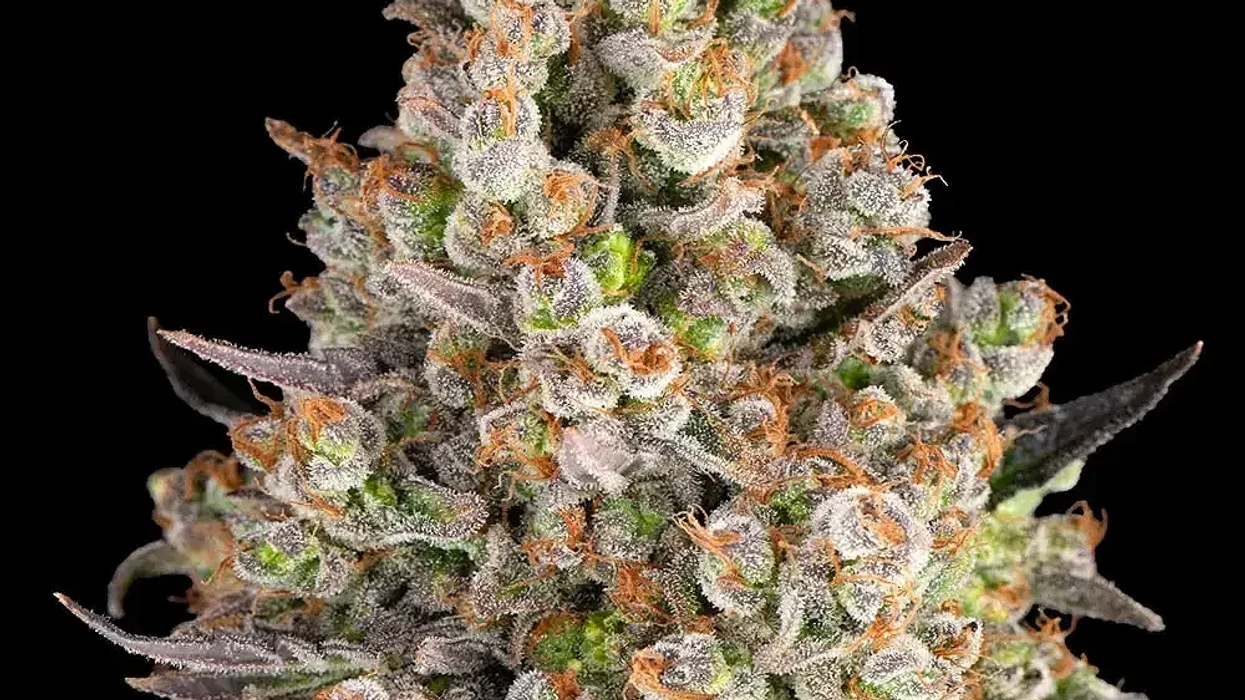
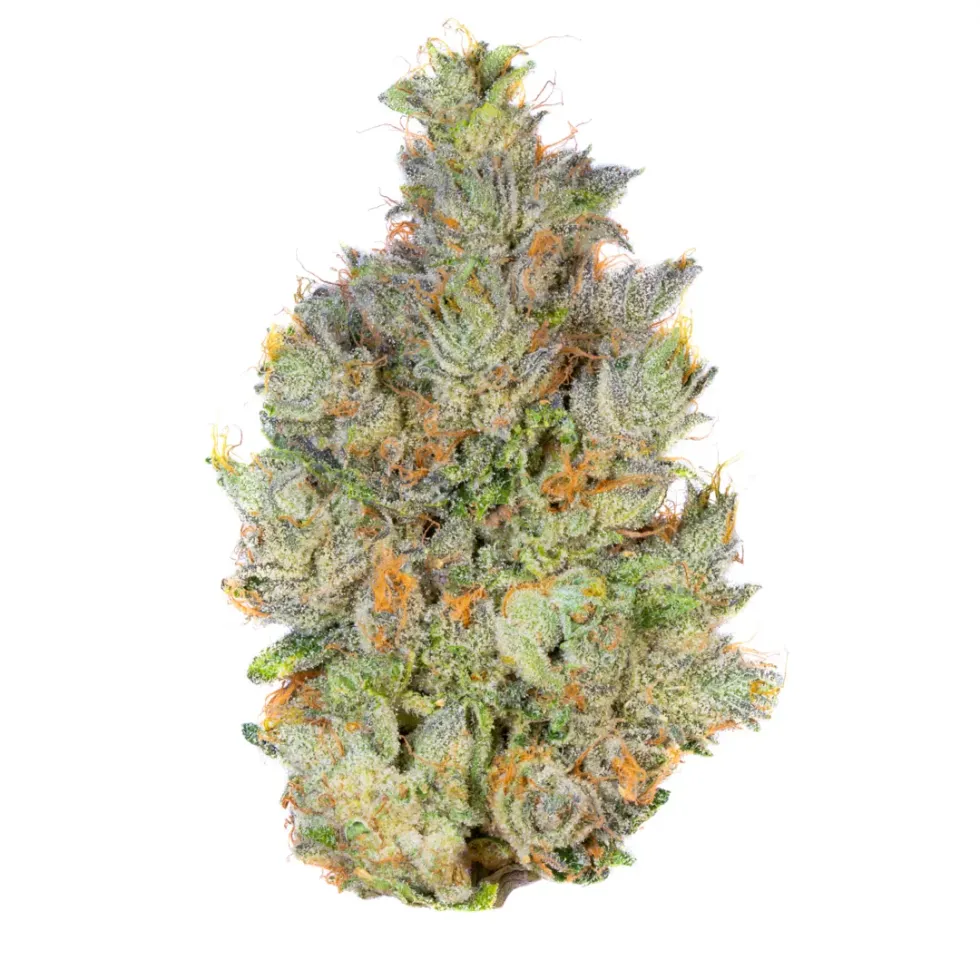 OG Kush Strain: The West Coast Classic That Defined a Generation - The BluntnessAlien Labs
OG Kush Strain: The West Coast Classic That Defined a Generation - The BluntnessAlien Labs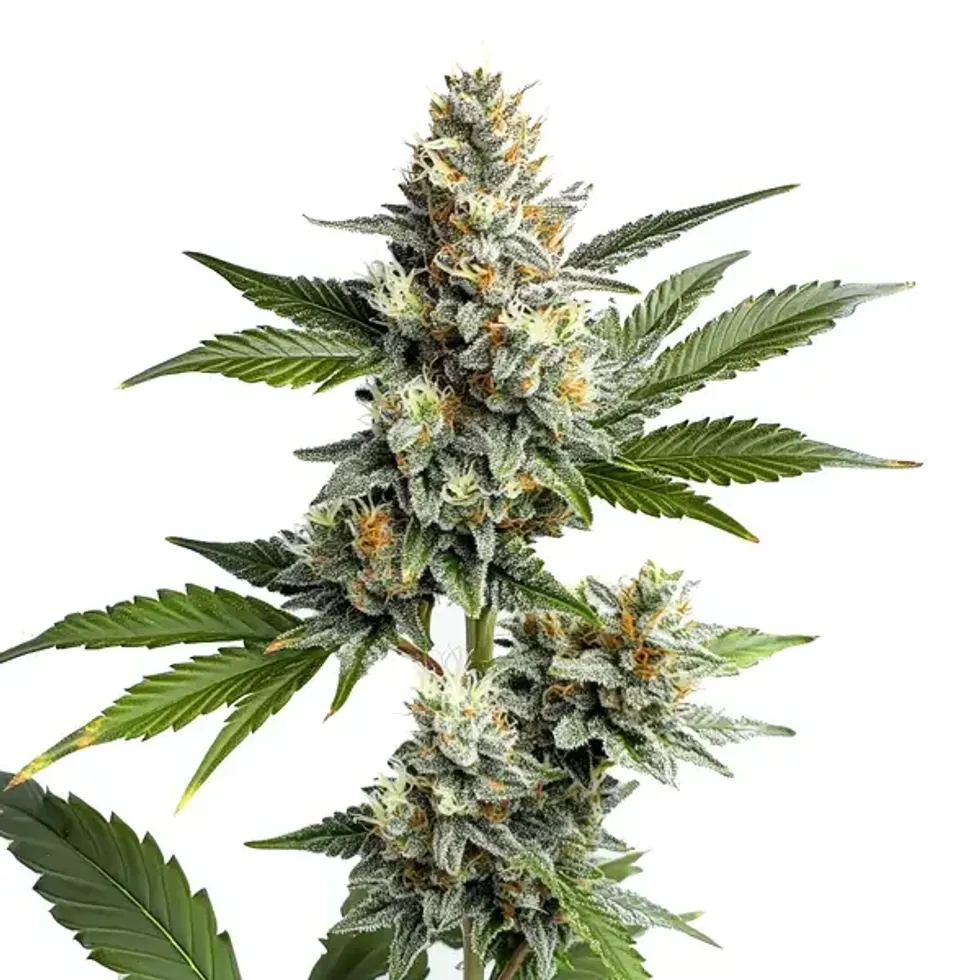 OG Kush Strain: The West Coast Classic That Defined a Generation - The Bluntness
OG Kush Strain: The West Coast Classic That Defined a Generation - The Bluntness
 What will you do with that cannabis kief collection? - Make Coffee! The Bluntness
What will you do with that cannabis kief collection? - Make Coffee! The Bluntness DIY: How to Make Kief Coffee - The Bluntness
Photo by
DIY: How to Make Kief Coffee - The Bluntness
Photo by 
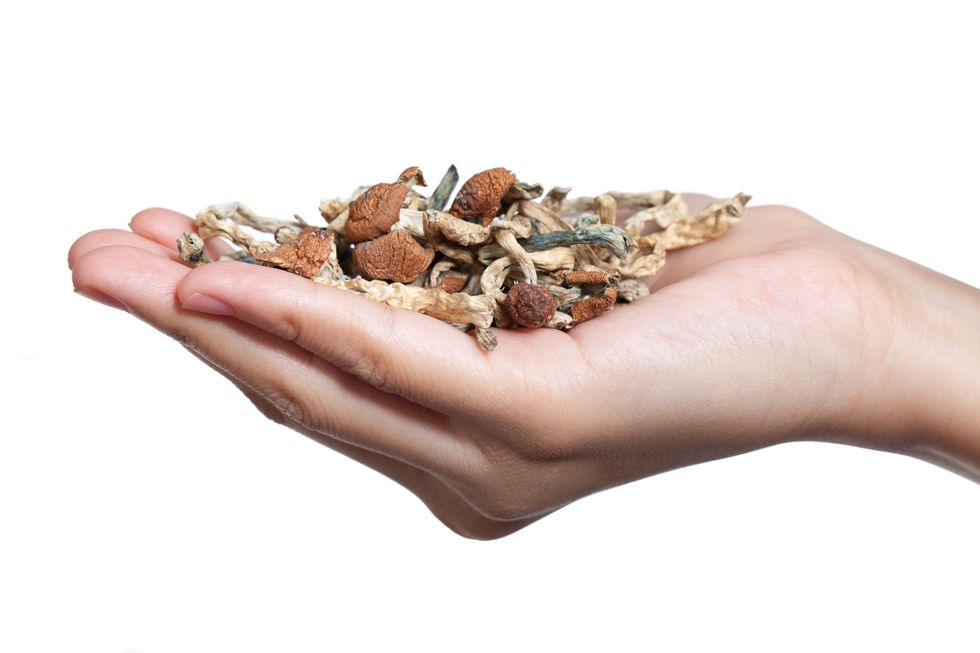 How to Make Mushroom Tea - The Bluntness
null
How to Make Mushroom Tea - The Bluntness
null
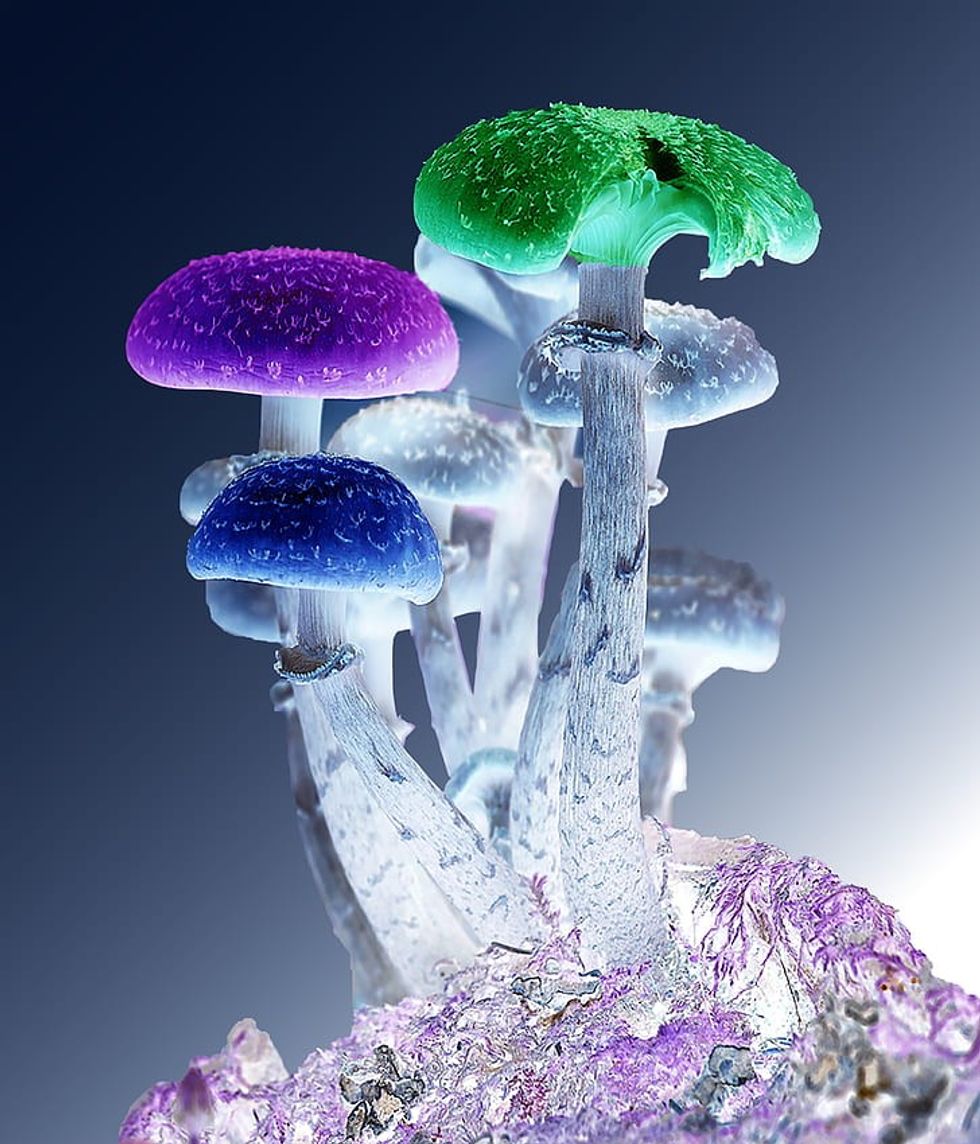 How to Make Mushroom Tea - The Bluntness
www.pickpik.com
How to Make Mushroom Tea - The Bluntness
www.pickpik.com